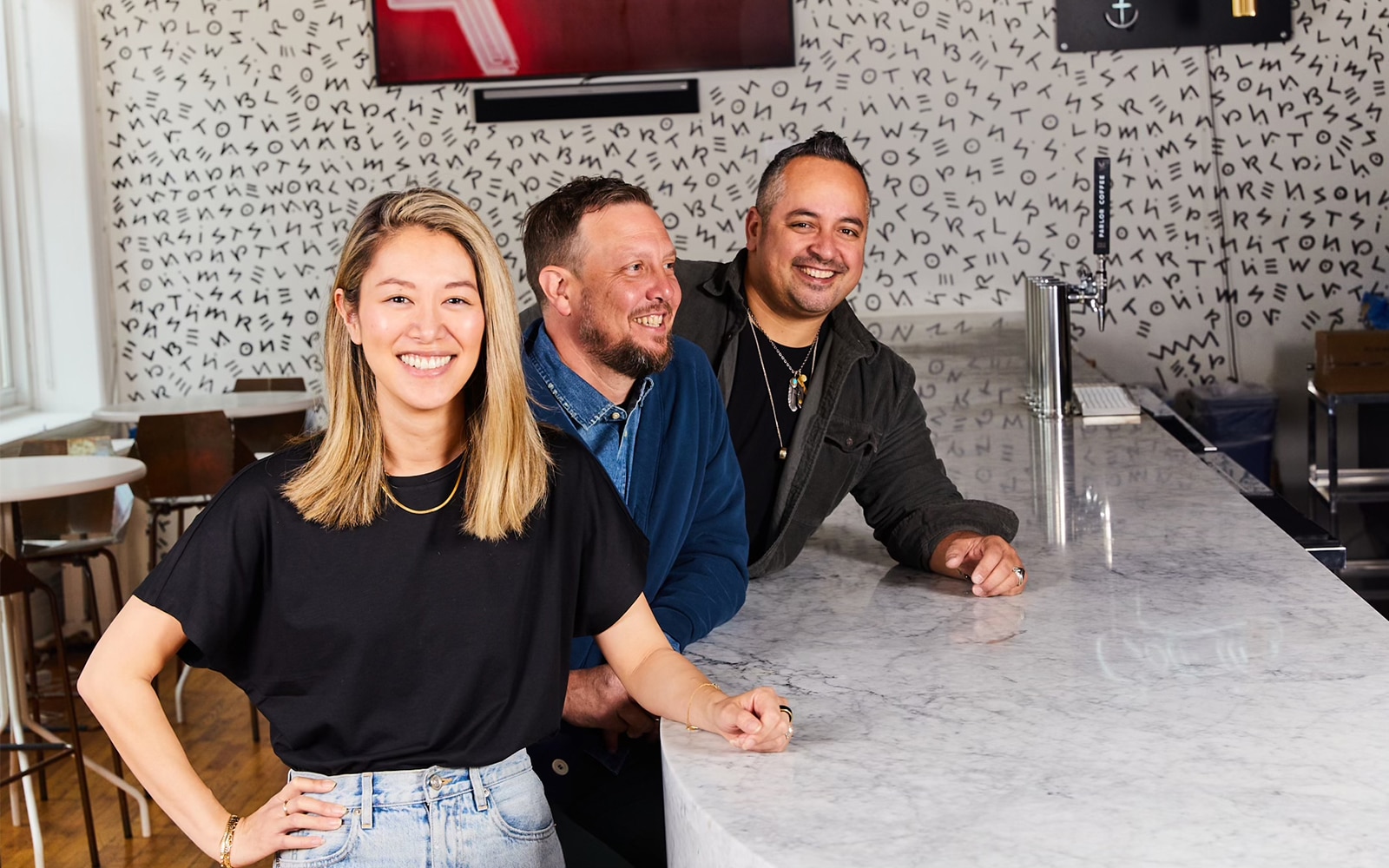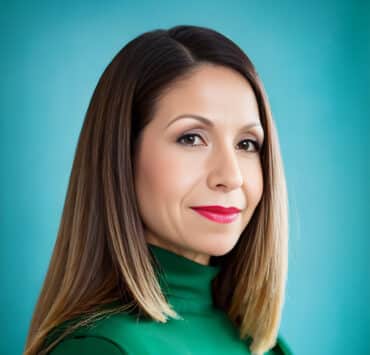|
Getting your Trinity Audio player ready...
|
When we last spoke with Anomaly’s Franke Rodriguez—partner and CEO for Anomaly’s New York and Toronto offices—things couldn’t have been going better. The year 2019 was one of Anomaly’s very best—financially and creatively, with major new business wins across various industries. Those gains came on the heels of Ad Age’s 2017 “Agency of the Year” award and 2020 looked set to be more of the same as the agency really hit its stride, with big ambitions on the horizon. But 2020 didn’t work out like anyone expected.
“We were talking significant financial growth and major creative recognition,” Rodriguez remembers. “There was some truly great work out in the market. We were riding high, and then 2020 hit us like a ton of bricks. We had a number of major clients in the travel sector as well as retail.
“Our biggest client at the time had a large passenger cruise ship out at sea that couldn’t dock anywhere because so many of its passengers came down with COVID. While we didn’t fully realize the extent of what was coming, we certainly knew we were in deep, deep water…pun intended,” he says.
All in all, Anomaly’s topline revenue took a massive hit in the first five weeks of the pandemic losings tens of millions of dollars because of budget cuts and media spend freezes. But that’s not the real story.
Just two years later, Anomaly was named Adweek’s “US Agency of the Year.” That’s the real story. At its lowest point, Anomaly found a way through the pandemic without firing its employees. Instead, it evolved and doubled down on its values and culture and took a firm stance at a time when most agencies were forced into survival mode.

“We made a decision early in 2020 that we weren’t going to respond the way many other companies around us were,” Rodriguez says. “So instead of firing and laying people off, we decided to pull every single lever available to us in order to absorb the blow and navigate through an insanely difficult period. It definitely wasn’t easy, but it was the right thing for us to do.”
There were double-digit pay reductions for upper-level employees; 401(k) matching stopped for a brief period; a few dozen employees were furloughed for a handful of months; and some people moved to two- or three-day work weeks. Everyone was making sacrifices for the greater good of the agency. Just as these drastic measures were underway, a Minneapolis police officer murdered George Floyd.
“There are a lot of times in this business where you need to very respectfully toe the line, but this was not one of them,” Rodriguez explains. “While we recognize that our employees and our clients are people from all over the political and social spectrum, and we respect those differences, at the same time we understood there was a major reckoning happening and we needed to stand up for the values that we believe in most as a company.”
Anomaly took a long, hard look at its internal hiring and promotion practices. They worked with their clients to both ensure better representation across all creative output as well as the people producing the work, and they figured out how to better care for its underserved communities. In their Toronto office, an enduring platform was created called the Anomaly Equal Advantage program, a way to support small BIPOC businesses and shine a light on entrepreneurs of color.
“I’m very proud to say that a lot of what we created during that time still exists today,” Rodriguez says. “Equal Advantage is kind of like our version of Shark Tank, where we provide services like web design, brand development or communications strategy for small businesses. It’s incredible, and I love that we’ve gotten to work with some amazing Black and brown entrepreneurs because of that program.”
While many of us were quarantining at home and marathoning The Queen’s Gambit on Netflix, Anomaly seized the moment. Its New York team designed a custom chess board and aligned with chess supporters like Carmelo Anthony, Jay-Z, the RZA and Chess Grandmaster Maurice Ashley, who signed the board. The “Black Goes First” board was auctioned off and the proceeds were donated to the Detroit City Chess Club.
“It was a time where we decided to focus on the things we could actually control —our effort, our attitude, our creativity—and we chose to direct it towards supporting our community,” Rodriguez says. “And with that, other things started to pick up.”
In short order, Anomaly secured major new business wins including Dunkin’, Denny’s, Jimmy John’s, Meta, Amazon Ads, Google Shopping, Zales, Ferrero and then landed what Mad Men’s Don Draper always called the true calling card of any great ad agency: an automotive account. In this case, it’s General Motor’s Chevrolet, a massive win that took over seven months of pitching to secure.
Rodriguez is excited to build on the legacy of this iconic American brand and in doing so, connecting with more Latinos.
“A big part of our pitch and strategy to Chevy was growing their Latino audience in the US,” the CEO says. “And the great news is that it doesn’t need to be forced. When you are a values-based brand like Chevy, there are ways to drive major relevance with a multicultural Latino audience while not alienating other consumers. And that’s what we’ve been doing.”
Rodriguez says that there are always ways to reach new audiences that don’t involve disenfranchising previous customers. They’ve been very successful in achieving this for other major clients as well including Johnnie Walker, Don Julio, Bud Light and Top Golf. It’s about widening the tent and making more people feel welcome to brands who have never been about one demographic: but rather about an attitude and way of life.
In just a few years, Rodriguez and his leadership team at Anomaly helped take the agency from dire circumstances—clients suddenly with no business for them, massively reduced ad spends, and angry customers—to another award-winning year for the agency that always seems to do things a little differently.
Anomaly is just that in the advertising space and it continues to be the company’s strongest differentiator. Coming off an extremely successful 20th year and heading into 2025 with a refreshed and re-energized Partner lineup in their NY office, Rodriguez says that now he is fully confident that Anomaly’s very best years still lie ahead.

